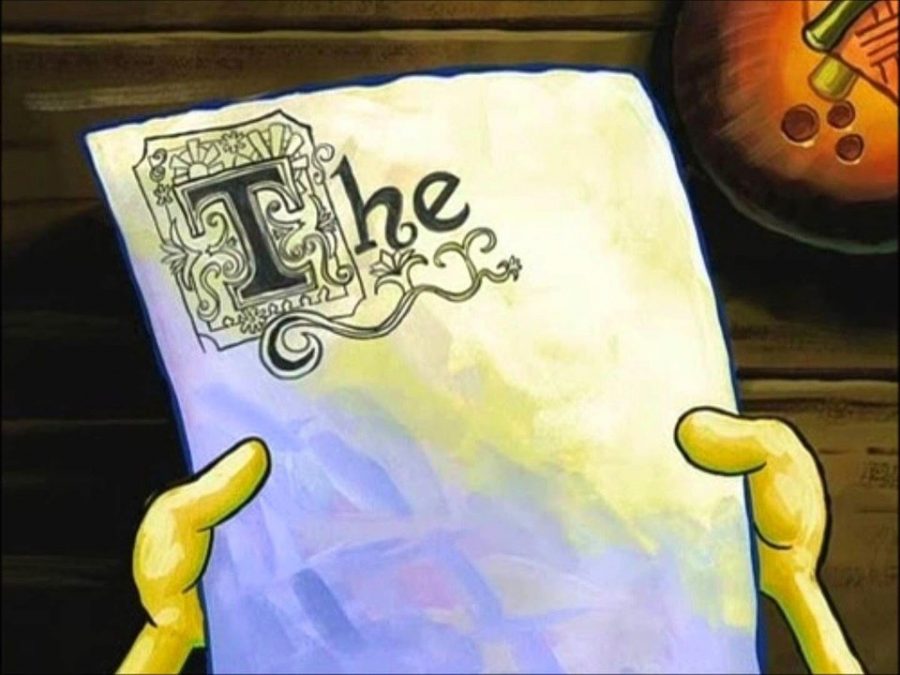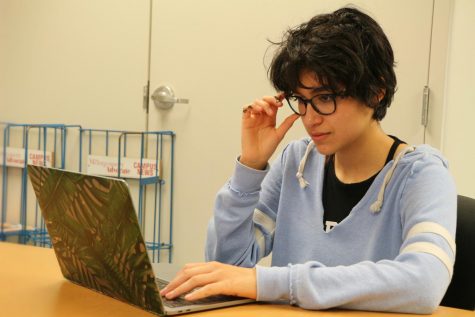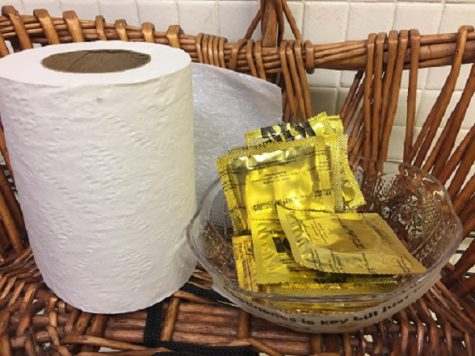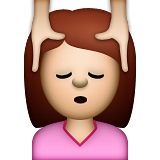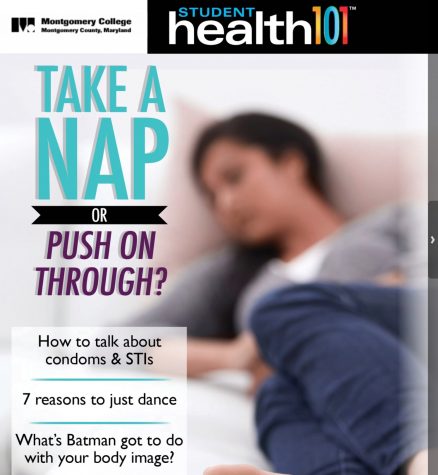How to pull an effective all-nighter
Procrastinated too much? You aren’t truly a college student until you’ve found yourself with no other option than to pull an all-nighter. We’ve all come to a point where we have too much work to do in too little time—so for when this happens, I’ve compiled a list of useful tips on what to do when preparing and pulling an all-nighter for projects and papers.
First, it’s important to note that all-nighters should not be pulled before big tests. Sleep deprivation prevents your brain from absorbing and retaining information, and will only make the test far more difficult. This is for finishing projects, papers, and presentations, not for studying! If you need to study, get a regular amount of sleep the week before the test, and look at review notes before and after bed. We also have a list of great ways to study before a test.
By the way, sleep gets me to my first point:
Get a healthy amount of sleep one week before your all-nighter. Sleep is a student’s best friend. It can cure illnesses of the body and the mind; it can solve math problems; it could probably fill out my FAFSA. Whether an all-nighter seems already inevitable a week in advance or not, making sure you’re getting an adequate amount of sleep will help out no matter what situation arises. Statistics have also shown that two days of sleeping for 6 hours give the brain the same effects of one day without sleeping. You’ll be more alert, more energized, and in a better mood and mental state once you get around to finishing your project.
Plan it all out. One of the most important things to do is map out how you’re going to be finishing this project in the limited yet long amount of time you have. It’s likely that it’ll be harder to do any sort of heavy mental work at 6:30 in the morning, so larger and harder aspects should be worked on first and more tedious and smaller details can be left for later. Make sure to spend a scheduled amount of time on each step of the project so time won’t suddenly get away from you. Finish creating the entire project’s foundation first—if it’s a presentation, create each slide first and finesse the images later. If it’s an essay, write out the main idea of each paragraph and write in the citations later. If you’re finishing a portrait, draw the entire outline first and then draw in the details later. Spend the same amount of time on each detail you’re finessing though.
Watch what you eat going into your all-nighter. I know I’m now asking you to try eating healthy too, but hear me out. Eating calorically-sufficient and nutrient-dense food will save you from any disaster. Your body reacts far more functionally and smoothly when you give it the proper nutrition it needs–and at times when it’s being put through the stress of an all-nighter, your body will need to rely on itself to work properly. Try to stick to complex carbs, proteins, and unsaturated fats. Color in food is also a sign of vitamins.
Drink caffeine, but slowly. Sleep might be a student’s best friend, but caffeine is a student’s unreliable boyfriend. It can do quite a bit of work for you by enhancing energy, reducing depressive symptoms, boosting your mood and improving concentration and imagination. However, too much caffeine, too quickly and you’ll quickly find the opposite occurring very soon. Take it from a coffee shop employee when I say that when eight shots of espresso are consumed in the span of 10 minutes, fatigue comes back twice as hard as it originally showed up. It can even indirectly cause symptoms of anxiety and trigger existing mood disorders if taken in high doses. Instead, opt for something brewed, like drip coffee or black tea. If caffeine is something you’re not used to, then green tea might be the best bet. Try to make it hot so you’ll drink it slower and keep it in a closed thermos container so it can last throughout the night. Stay away from sodas or other sugary caffeinated drinks, as the caffeine levels in them are usually high and the added sugar will only make the crash even worse. Guarana and yerba mate are other alternatives to tea and coffee for caffeine.
Some herbs help, but some don’t. Natural herb remedies are becoming more and more popular as an alternative to caffeine for energy. Some incredibly potent herbs are reishi, maca, ginseng, he shou wu, oregano, ashwagandha and dandelion are herbs known to be used to fight fatigue and other factors which may contribute to drowsiness. They also have other health benefits which could combat other ailments occurring if an all-nighter is being pulled in the middle of having the flu (god forbid). These herbs can be found as teas, spices, pills, powders, oils and tinctures. There are other herbs, however, which are known to have soporific effects when consumed, and are often found in popular teas and cough drops. Herbs like chamomile, echinacea, valerian, kava kava, passionflower, skullcap and mint all cause drowsiness. Coneflowers should especially be avoided before any homework in general, as they’ve been recorded to mildly slow down brain production.
Persevere. Nothing can defeat a hard time better than staying in a positive mindset. Just think, each minute you spend working on your project, the happier you’ll be with yourself in the morning, not vice-versa. This is to help your future self out, not to punish yourself. Keep at it, dedicate yourself, and don’t give up.
If there’re any other tips and tricks anyone has when pulling all-nighters, leave a comment or contact us via social media. Good luck with all your work!


